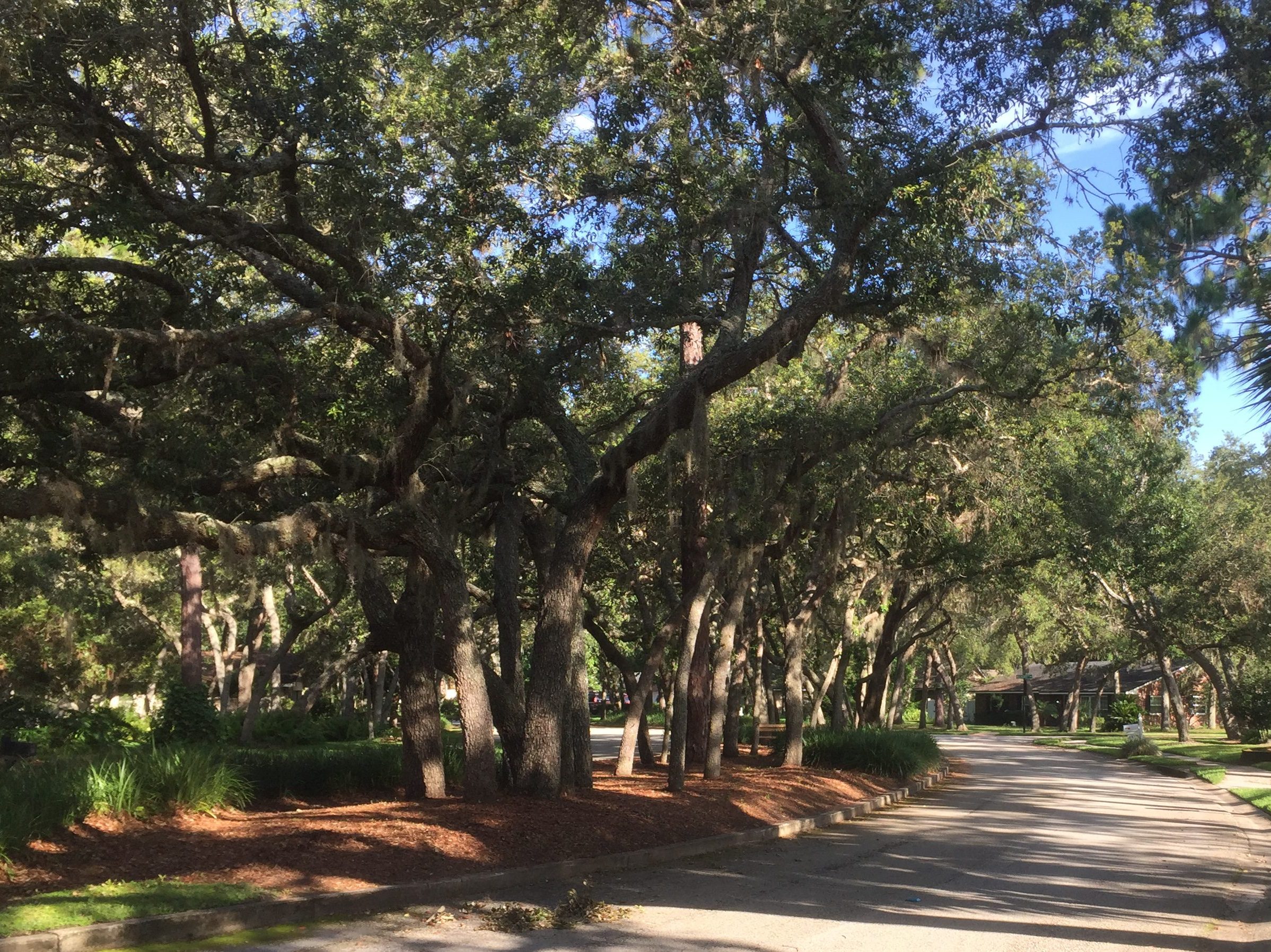Forgetting What We Forgot
Wendell Berry, novelist, poet, environmental activist, and farmer, warns us, “Those who have forgotten forget that they have forgotten.” (“A Timbered Choir,” p. 208) So, we enter Holy Week to remember things we dare not but might otherwise forget. And we do it by telling the same story, over and over again.
Lin Manuel-Miranda introduces four friends who will play critical roles in Hamilton when they sing, “The Story of Tonight” 
I may not live to see our glory.
But I will gladly join the fight.
And when our children tell the story,
They’ll tell the story of tonight.
Raise a glass to freedom,
Something they can never take away,
No matter what they tell you.
Raise a glass to the four of us.
Tomorrow there’ll be more of us.
Telling the story of tonight.
Remembering to Remember
The genius of Hamilton is that the story of America then is told by America now. A bunch of 18th Century white guys with wigs are portrayed by a Latino and African American cast singing music that reverberates with who we are now. The goal of our Holy Week observance is to allow the story of what happened then to become a story that happens now. The best way I know to do that is by entering deeply into the traditions through which faithful people across the centuries have passed on the story. We are not the first people to make the journey to the cross and will not be the last to discover the power the resurrection.
First, read the story. What became Hamilton began when Miranda read Chernow’s biography and became intrigued by Alexander Hamilton and his story.
When it comes to the passion story, familiarity is our enemy. What we think we already know can prevent us from experiencing the story again for the first time. So, just read it in Matthew 26-27, Mark 14-15, Luke 22-23, and John 13-19. Read each version at one sitting and allow yourself to be drawn into the story. Look for yourself in the Palm Sunday crowd waving palm branches or standing in horror around the cross.
Second, come to the Table. On Maundy Thursday, we “raise a glass…to something they can never take away.” Across my years in ministry I’ve written or used all kinds of contemporary communion services, but during Holy Week I find strength by entering into the words that have welcomed us to the table for generations. (A Service of Word and Table).
Pulitzer prize winning novelist, Marilynne Robinson, recently said that “Protestant churches are embarrassed by things that are traditional.” She claimed that one of the most important things the church can teach people is they are part of a longer story. The tradition reminds me that I am “a member of a generation that will have a history and pass away and be displaced by other generations of whom all the same things are true.” (The Christian Century, 4/10/19, p. 29)
Third, explore the arts. No single event in human history has inspired more great art and music than the story we tell this week. Henri Nouwen spoke for many of us when he described the impact the Isenheim Altarpiece and Rembrant’s painting of The Prodigal Son had on his life. Sing the great hymns of the cross and resurrection. Set them to new tunes, if you prefer, but I’ve never found any way to improve on the lyrics of “When I Survey the Wondrous Cross” and “Christ the Lord is Risen Today.”
Fourth, make space for silence. After Jesus’ body is laid in the tomb, the gospel writers go silent. Words became inadequate; language becomes irrelevant to a story that penetrates the deepest marrow of our souls. Perhaps “silent Saturday” is the most appropriate way to prepare for Easter Sunday.
Fifth, experience resurrection! There is a time and place for academic analysis, doctrinal debate, and denominational power struggles, but Easter morning isn’t it. When we celebrate the resurrection, we’re not trying to explain what happen then but to experience what happens now when we and our world are confronted with the living, active, life-transforming presence of the Risen Christ.
Finally, an Easter word from Wendell Berry:
What hard travail God does in death!
He strives in sleep, in our despair,
And all flesh shudders underneath
The nightmare of His sepulcher.
The earth shakes, grinding its deep stone;
All night the cold wind heaves and pries;
Creation strains sinew and bone
Against the dark door where He lies.
The stem bent, pent in seed, grows straight
And stands. Pain breaks in song. Surprising
The merely dead, graves fill with light
Like opened eyes. He rests in rising.
(The Timbered Choir, p.25)
Welcome to the story!
Grace and peace,
Jim

Linus would say, ” That’s what Easter is all about, Charlie Brown.” Thank you for this and have a blessed Holy Week and Easter.
A Big Amen to When I Survey the Wondrous Cross and Christ the Lord Is Risen Today!